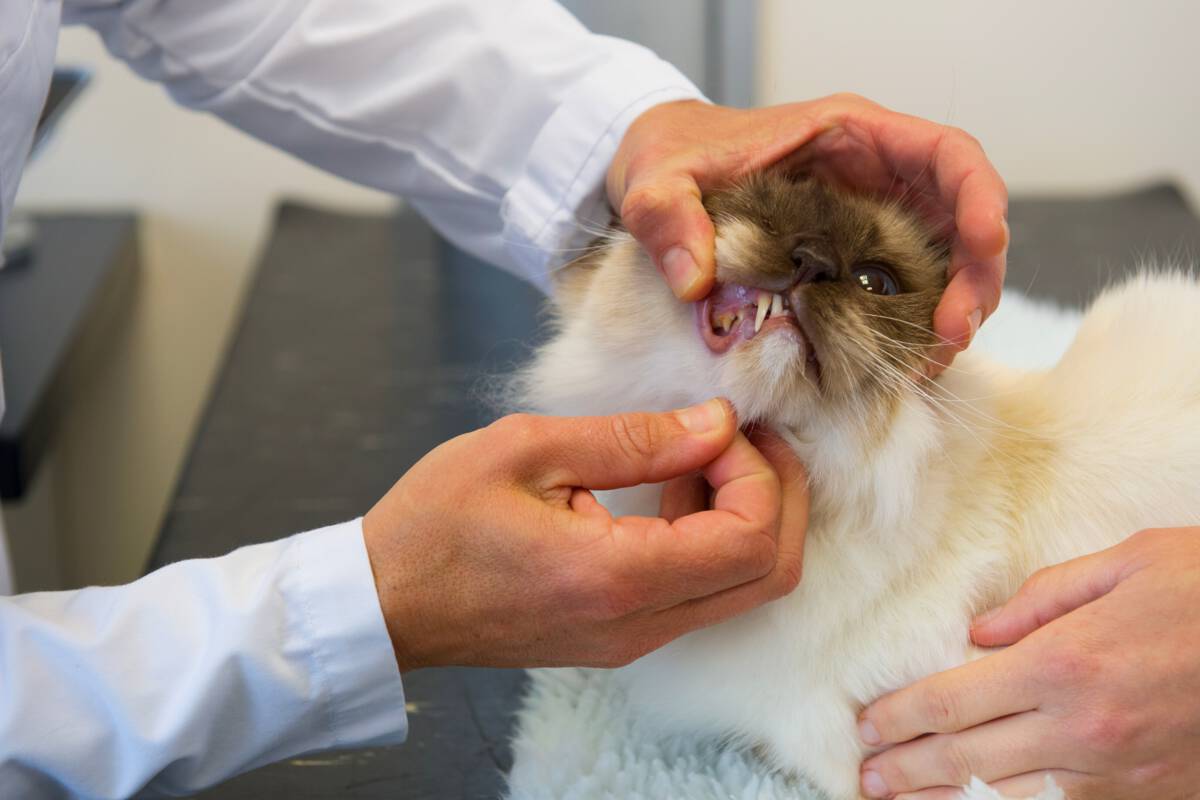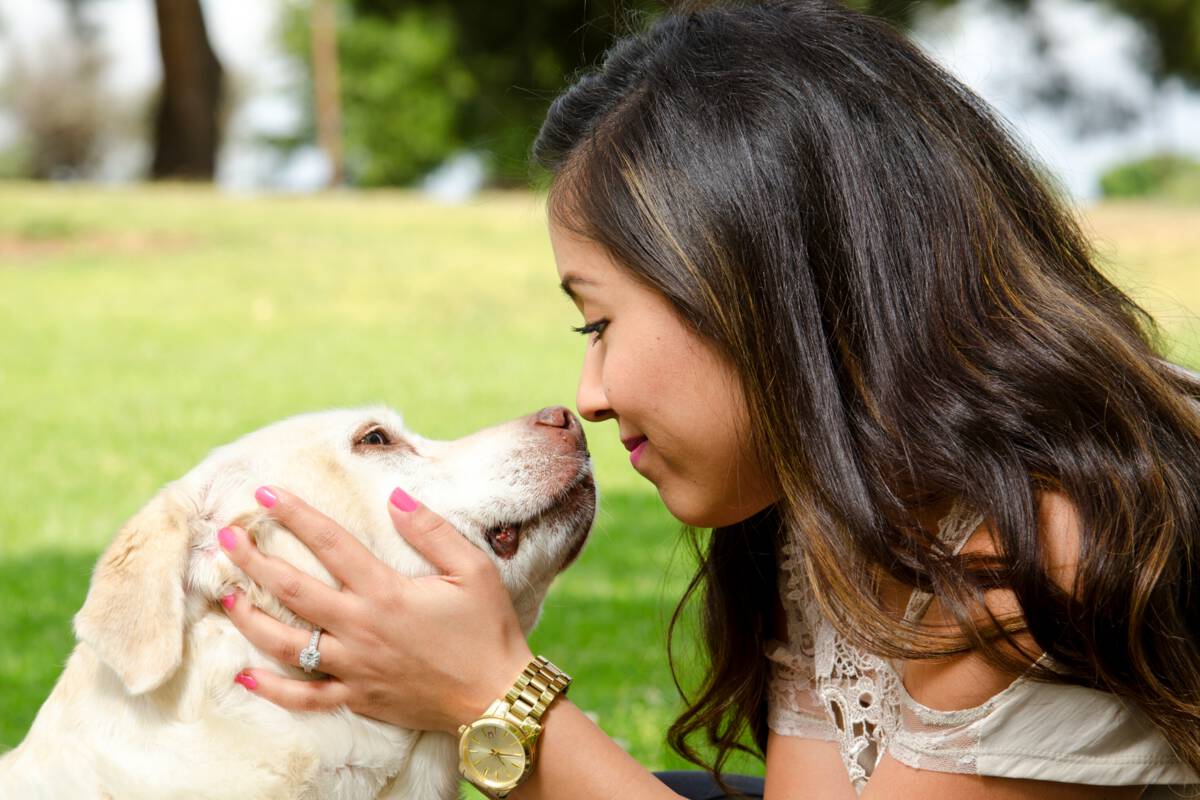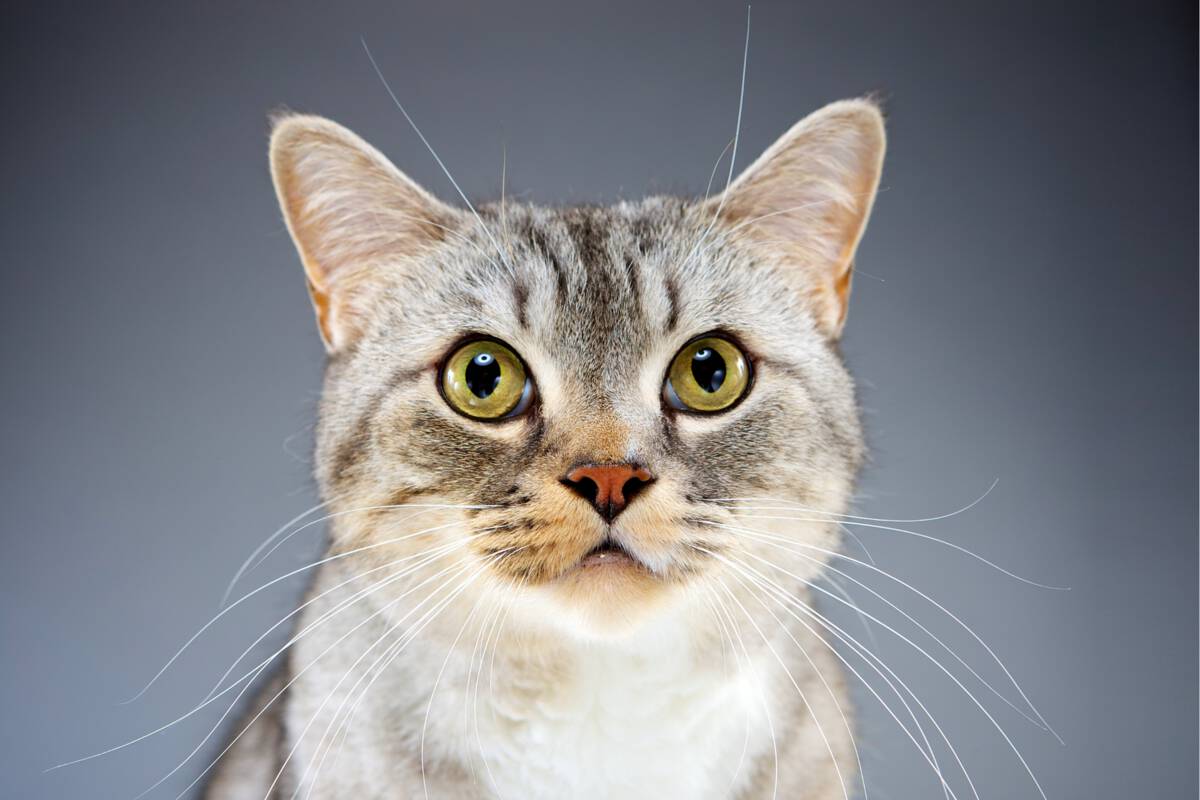Helping their senior years to be golden years
Caring for Our Golden Oldies
Our pets may remain young at heart, but age can take a toll on senior animals. In addition to losing a bit of the spring in their step, senior pets – like us – are at a higher risk for disease and will most likely experience a normal decline in senses. These include hearing, sight, and their sense of smell. Pets of course age more quickly than humans because of shorter life expectancy, but with a good balance of diet, exercise and quality veterinary care, there’s no reason that older pets can’t remain healthy and happy as senior citizens.

Arthritis
Arthritis is common in older dogs yet less common in cats, however it commonly affects their elbow joints. Early detection of arthritis is sometimes difficult which can result in the joints becoming badly damaged before treatment is commenced. Limping is often the most common symptom of arthritis and it may be more or less noticeable, depending on the time of day and activity. Other symptoms of arthritis include lethargy, overall difficulty in moving, irritability, incontinence, weight gain, swelling of joints, muscle atrophy and excessive licking, and chewing or biting the painful areas.
For pets with arthritis, we will complete an exam and take x-rays and assess whether treatments are necessary to manage pain and reduce inflammation. We may also recommend changes to diet and exercise regime as well as adding dietary supplements and additives, depending on the animal’s needs.
Nutrition
Animals’ nutritional needs change as they age. Dietary changes are sometimes needed to address a health problem and sometimes they’re required simply to help with overall health and wellbeing. Seniors may have difficulty digesting proteins and fats and consequently need a more digestible nutrient-dense diet. Senior dogs usually have an increased need for dietary protein. Others may suffer from diabetes as a result of obesity. Whilst many middle-aged and older pets are overweight, geriatric dogs and cats may also be underweight. We can help address these issues by recommending an appropriate diet for a senior pet, but first we would complete a thorough nutritional evaluation. Please check with us if you have any questions about your pet’s dietary requirements. We also stock a comprehensive range of diet products.


Weight Management
Putting on a few extra kilos or sleeping more are sometimes dismissed as normal symptoms of growing older, but they can also be warning signs of health problems. Weight-loss and poor appetite can also be signs of a hidden medical condition. Being overweight can make yours pets feel sluggish and less interested in exercise, and lack of exercise in turn contributes to being overweight. It therefore becomes a vicious cycle.
Exercise is essential for pets of all ages to help them maintain a healthy weight, muscle tone, joint flexibility, good circulation, and overall health and happiness. With older pets it’s important to provide regular exercise rather than in fits and starts, allow them to warm up gradually before exercise, and modify the amount and type of exercise to match their ability. Swimming is a great low-impact option. Also consider giving their joints a gentle massage after exercise… ask us how.
Dental Health
Taking care of your pets’ teeth is important from their infancy through to their golden years. As they age, regular dental routines keep their teeth and gums strong, their breath fresh, and can even prolong their life by several years. Poor dental health can contribute to serious heart, liver, kidney, lung and brain ailments. Approximately 70 percent of dogs and cats have some form of dental disease by the time they are two years old, and dental health issues are among the most common health issue for older dogs and cats.
Symptoms of dental disease includes bad breath, red or bleeding gums, dropping food from mouth while eating or chewing on one side of the mouth, drooling, decreased appetite, weight loss, pawing at the mouth, reacting defensively when patted on the head, or disinterest in normal toys.
Visit our Pet Dental Health page to learn more.


Senility Screening
One of the most important aspects of owning a pet is to have a healthy and happy relationship with it and many pets are abandoned at pounds or shelters because of a breakdown in the relationship. Worse still, many more are banished to isolation in the back yard because of behaviour problems. These animals sometimes suffer in silence for the rest of their lives and it is particularly sad when dealing with older pets potentially suffering from senility.
One of the best ways of determining whether or not your pet is suffering from a cognitive problem is to complete senility assessments of your pet’s behaviour. Please ask us about this process at your senior pet’s next health check.


